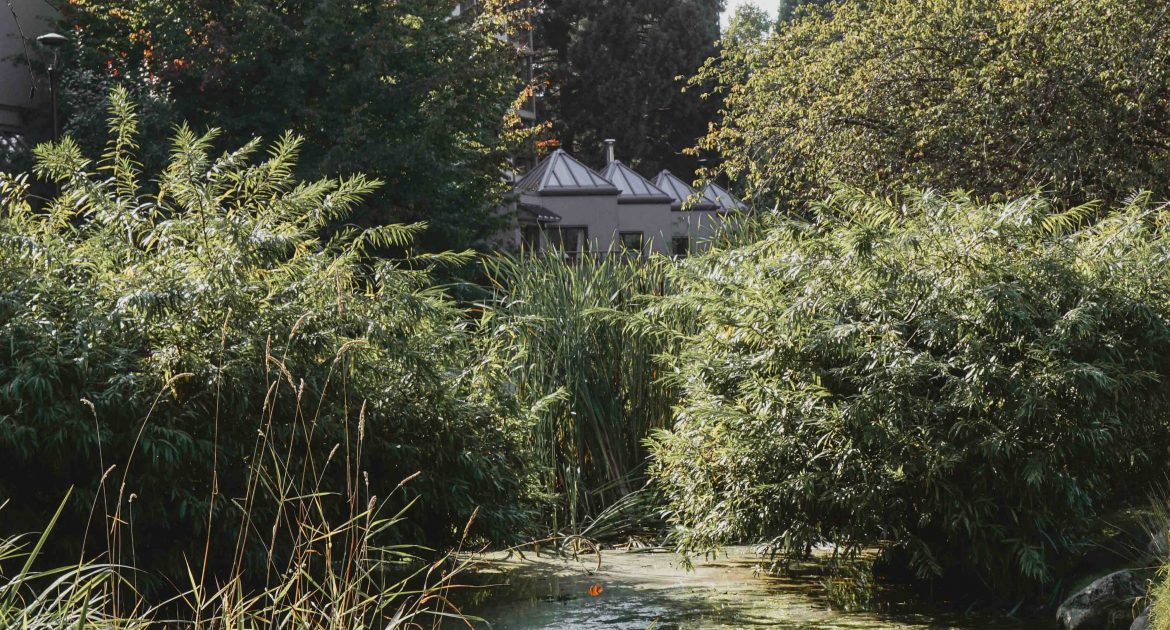In today’s digital era, social media has transcended beyond just sharing fun memes and vacation pictures. It’s evolved into a daily ritual for many, seamlessly integrating into our lives. However, let’s face it: the constant barrage of notifications, the endless scrolling through curated feeds, and the pressure to keep up with the online personas of others can often lead to social media anxiety.
Here’s a guide on how to effectively deal with social media anxiety:
1. Limit your screen time
Constant exposure to screens, particularly social media, can be mentally exhausting. By setting specific times to check social media, you establish a routine that curbs incessant checking. Several apps can help you set limits and monitor your usage. Taking a complete break, like a digital detox over the weekend, can refresh your mind and provide clarity on your online interactions.
2. Curate your feed
Your mental well-being is deeply influenced by your social media consumption. If some posts bring you down, it’s okay to hit ‘unfollow’ or ‘mute’. Your mental well-being comes first. However, filling your feed with positive and educational content can boost your mood. Curating your feed is essential; it ensures you’re exposed to genuine content that matches your interests. This approach helps avoid information overload, reduces unhealthy comparisons, and promotes meaningful interactions. By shaping our online space, we prioritise personal growth, safety, and meaningful digital experiences.
3. Understand that social media doesn’t always reflect reality
Social media often showcases the best parts of people’s lives, leading to a tendency for constant comparison. Remember that these platforms don’t always represent the full spectrum of someone’s life. Everyone has challenges, but they might not always display them. Ground yourself in your reality and avoid measuring your worth by someone else’s online highlights.
4. Engage mindfully
Mindless scrolling can result in hours of lost time and heightened feelings of emptiness. Before posting or engaging, reflect on your motivations. Are you seeking validation, or are you genuinely aiming to connect or share? Purposeful engagement can lead to more fulfilling interactions and reduce feelings of inadequacy.
5. Take physical and mental breaks
Extended screen time can strain both your eyes and your mind. Taking breaks to engage in physical activity, like walking or stretching, can alleviate this strain. Additionally, activities like reading, drawing, or even cooking can offer a mental diversion, reducing the continuous influx of information and allowing your brain to reset.
6. Stay informed, not overwhelmed
While staying updated is essential, an endless stream of news can be anxiety-inducing. Designate specific times to catch up and avoid news before bedtime, as it might disrupt sleep. Diversifying your sources and following solution-focused accounts can provide a balanced view and reduce feelings of despair.
7. Understanding the mechanics behind social media
Knowledge is power. Understanding how social media works can be empowering. Platforms are designed to capture your attention, often using algorithms that curate content based on your behaviour. By being aware of these tactics and regularly adjusting your privacy settings, you can have more control over your digital experience.
8. Take a temporary break if needed
There may be times when social media feels overwhelmingly negative. In such cases, it’s perfectly okay to step back. A hiatus, whether short or extended, can offer the space needed to recalibrate and heal. While social media has its benefits, prioritising your mental and emotional well-being is crucial. Periodic breaks can remind you of the enriching experiences life outside the digital realm offers. Remember, life’s best moments often aren’t online—they’re the ones you live and cherish.

Social media is a bustling pool of likes, shares, and comments. But remember, it’s just a slice of our vast, vibrant life. Like any tool, it’s all about how we wield it. So, let’s keep it real, prioritise our well-being, and steer our own online journey.







